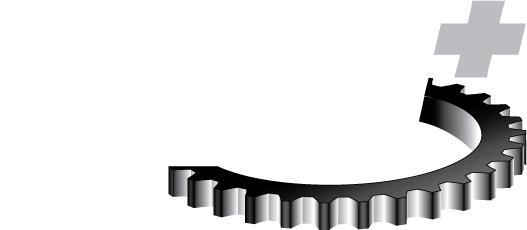
Displacement on Demand Technology
Displacement on demand (DoD) has become, in many powertrain applications, an effective fuel economy strategy. This course covers the basics of DoD technology, its case for engine performance and efficiency, and how it can be optimized. There are many acronyms used to label this engine function. This course covers most of the major technologies such as AFM (Active Fuel Management), MDS (Multi (cylinder) Displacement System), VCM (Variable Cylinder Management), DSF (Dynamic Skip Fire), etc.
Learning Objectives
By completing this course, you will be able to identify, recognize or articulate:
- Limitations of the modern internal combustion engines as a function of fixed displacement
- How Displacement on Demand (DoD) Systems function
- Theory of operation as a function of operator requirements and needs
- Theoretical improvements to engine system performance and efficiency
- DoD control systems required to optimize performance
- Mechanism by which DoD can improve system performance
- Improvement in overall system operation in a modern internal combustion engine
Who Should Attend
The intended audience for this course is powertrain engineers, component suppliers, vehicle platform powertrain development specialists, and those involved in the application, design and discussion of engines.
Prerequisites
Learners should have an undergraduate engineering degree and ideally a fundamental understanding of internal combustion engines.
Topics
- Definition of basic problems associated with fixed displacement engines
- Theory and background of DoD systems
- Theoretical improvements to engine system performance and efficiency
- General theory of operation of DoD systems
- Historical mechanisms to implement DoD systems
- Modern approaches to DoD systems and active fuel management
- Theoretical benefits and practical results
